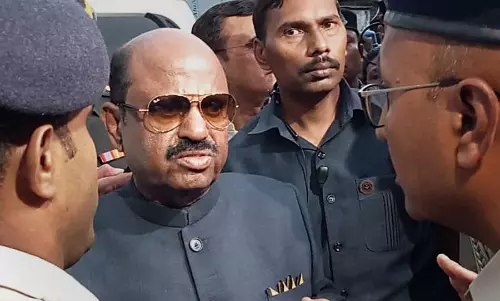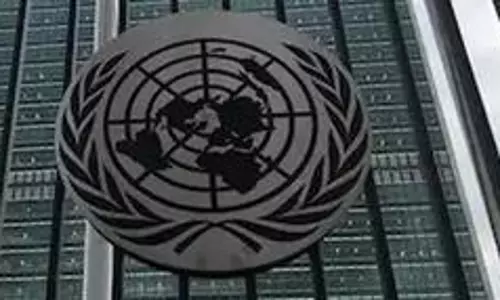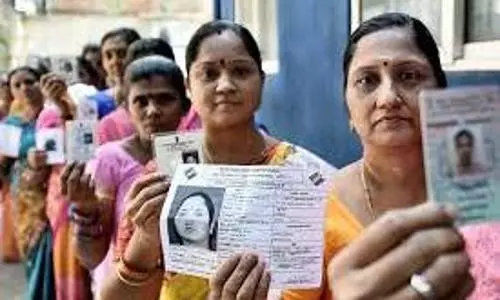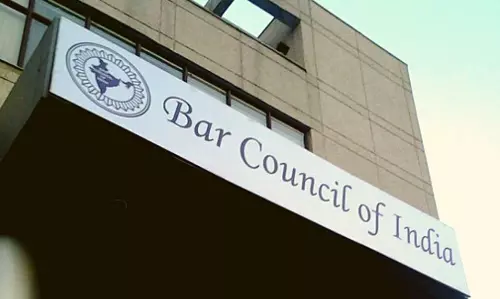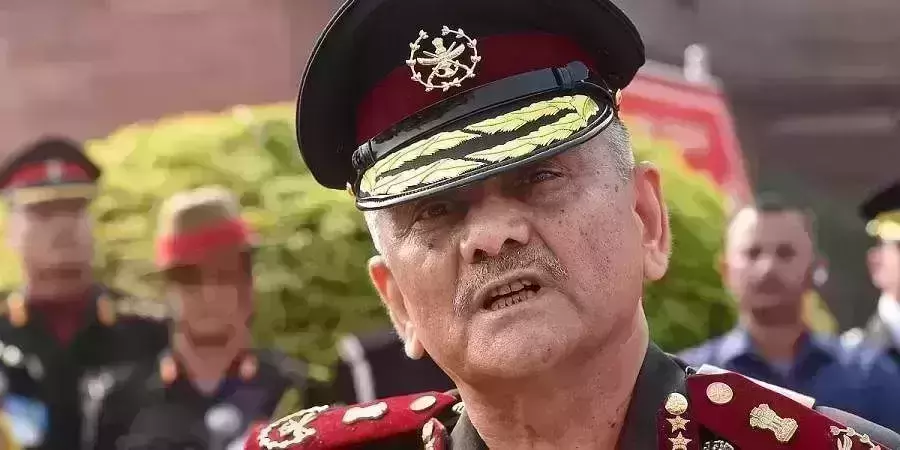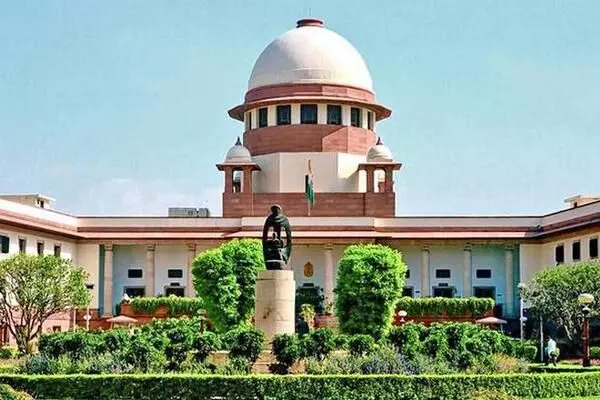
Reservation: implications of Supreme Court verdict
text_fieldsIn 1992 November, a nine-member constitutional bench passed a judgement on the plea by Indra Sawhney on the validity of the Mandal Commission-based reservations for the upliftment of the backward classes which the VP Singh Government had implemented. They underlined that some basic rules had to be followed when reservations are implemented; reservation must not exceed 50 per cent, it is not based on financial conditions but social or educational backwardness, and it is not proportional to the population. The irony in that verdict was that though the bench clarified that the decision of the Narasimha Rao government to implement reservation based on financial status was unconstitutional, it also placed a 'creamy layer' financial benchmark for reservations amongst backward communities. This is despite the fact that demarcating the backward communities listed in the Mandal Commission report as poor or not is in violation of 14 (6) of the Indian constitution. And yet, Justice Ratnavel Pandian's judgement, which sided with social justice, did not come into effect because it did not have a majority.
The history of reservations after the Indra Sawhney case clearly shows us how the creamy layer category was used as a tool for overturning reservations for the backward communities (BCs). This also strengthened demands for reservations based on economic criteria. Post Mandal, the increased representation of BCs in education and positions of power also in turn created new casteist attitudes against them. This, combined with the ground which the dominant castes lost post the impact of liberalisation and globalisation, increased demands and protests within them to be included in reservations. Marathas in Maharashtra, Patels in Gujarat, Nairs in Kerala - all rallied for economic reservation criteria. It was a victory of their long planning that on 14 January 2019, the Modi government passed the 103rd constitutional amendment allowing the states and the Centre to enact reservation on economic grounds. Along with this, the 102nd amendment granted the National Commission for Backward Classes (NCBC) constitutional status and vested in the President of India the power to decide which communities fall under the backward category. These two amendments gave the stamp of legality much in line with the BJP's extreme right politics. It is surprising that the undermining of two important values of the Constitution, namely federalism and reservations, did not cause a lot of protests in the street. It was in Kerala that this reactionary measure was first implemented. Pinarayi government enacted the 10% EWS reservations on 23 October 2020.
By upholding the Indra Sawhney judgement, the Supreme Court has abolished the reservation implemented for Marathis in 2018 by the Fadnavis government. The five-member bench, headed by Ashok Bhushan, has reiterated the previous rulings that reservations must not exceed 50 per cent unless in exceptional circumstances and that the basis for reservations is social status. Viewed in that perspective, the judgement negates the validity of the 103rd amendment that legalises EWS reservations as much as it puts in the dock the left government in Kerala which enacted an EWS reservation law. However, with the Supreme Court upholding the 102nd amendment, the power to identify the backward classes is now vested with the Centre, not the states. It is an easy guess as to what would happen if the present government with its roots in racial hatred, gets the unconditional right to add or delete reservation communities.
Just like Justice Pandian's observation that the 'creamy layer is against the spirit of the constitution' the dissent note of Justices Ashok Bhushan and Abdul Naseer that Article 342-A introduced through the 102nd Amendment does not deprive the states of their power to identify the backward classes, should be considered just as crucial and deserves to be etched in golden letters. But Justices Nareshwara Rao, Hemant Gupta, S Ravindra Bhat passed the majority judgement. This judgement with grave social and political repercussions will ultimately split the backward communities and hinder their rights. The Supreme Court judgement on whether 102nd and 103rd amendments have legal validity would be the decisive factor for how long reserved communities continue to enjoy their constitutional rights.




